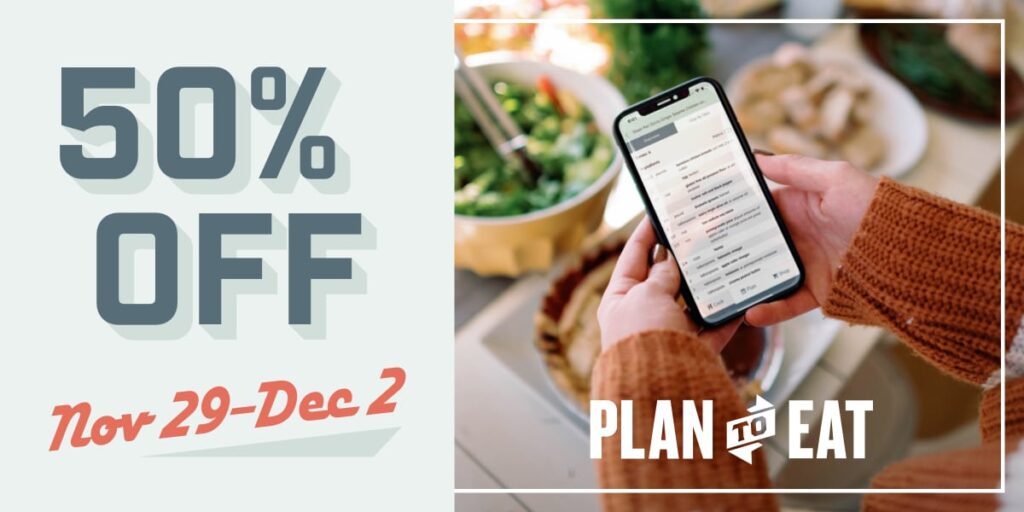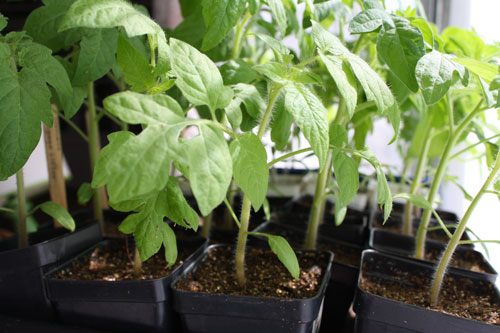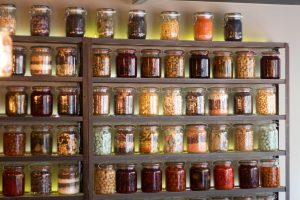This is a difficult post for me. Well, easy to write, but difficult to write briefly. Gardening is close to my heart and my hands and my knowledge of the subject has been earned by over a decade of trial and error in my own spot of tilled earth. I have a lot to share. But this is a blog post and I only have 1000 words. ~sigh

Growing your own is an act of love. If you love the feel of a ripe, warm tomato in your hand, you should grow your own. If you love being outside with the birds and the bees, you should grow your own. If you love repetitive tasks that become a form of meditation, you should grow your own. But if you just think it’s something you “really ought to do”, you should stick to the farmer’s market. There’s no shame in buying your produce instead of growing it. Be realistic with yourself and assess whether or not you actually have the time, resources, and dedication to grow some food. Gardening is not for everyone. And that’s okay.
But if you’ve decided you’re ready to dig up some lawn and start growing some veg, I hope these few tips will inspire you to get started. Or at least give you some direction for your research and planning.
Find Some Space
Obviously, the first need to consider is where you will grow your grub. Backyard? Frontyard? Raised beds? Window boxes? Patio containers? Don’t worry if you don’t actually have any land to call your own. If you’re renting, or in an apartment, or simply don’t have any suitable patch of dirt, there are still lots of options for you. You can do quite a bit with containers. Or you can look into a community garden, or even a landshare. All of these methods have their respective benefits and drawbacks, depending on your situation.
Whatever you choose, your patch of dirt has two absolute requirements: full sun and water. Full sun means full sun. Ask yourself, if I sit in this location for 8 hours, will I end up with the worst sunburn I’ve ever had? If your answer is yes, then you’ve got full sun. Don’t trick yourself into believing that the dappled shade under the maple tree is “good enough”. You will be disappointed.
And you absolutely must have a convenient water source (keyword: convenient). Lugging watering cans and hoses around will get old after a week. Ask me how I know this. If your water source is not convenient, you can remedy this to some extent by hooking up a remote water source that is more convenient. But keep in mind that the farther you get from the initial water source, the less water pressure you’ll have. Low water pressure can make garden watering an onerous task.
Plan Your Beds
Got your spot of dirt picked out? Great. Now you can plan what to grow! I like to do this in at least two sittings. The first time, I allow myself to dream big. I browse multiple seed catalogs and dog ear all of my standard items (tomatoes, cucumbers, sqaush….) along with the things that sound peculiar and fascinating and wonderful. Cardoon? Absolutely. Asian rattail radishes? Yes, please. Strawberry spinach? Why not. A week or so later I like to go through my list with a more realistic eye. What do I have space for? What will actually grow in my area? Which things will we actually eat? I usually allow myself one or two items that are completely irrational, but totally fun. For everything else I tend to stick to veggies that I know I can grow well and we eat a lot of.
Once you’ve decided what to grow, decide where it’s going to go in your garden. You’ll want to place the items that need frequent harvesting (lettuce, greens, peas, green beans, etc.) in the most accessible places. If your patch of lettuce is hard to get to, you will not be inspired to pop out and pick a salad for dinner. You’ll also want to place those items that need frequent watering closest to the water source. I often find myself “rescuing” a cucumber plant or a patch of spinach while I’m out harvesting. I plant these in places where it’s easy to give them a drink when they need it.
You can also try to orient your veggies to use height to your advantage. In my garden, I like to plant the taller items (tomatoes, peppers, trellised squash, etc.) in the middle of my bed. I put the shorter growing veggies that like sun on the south side (zucchini, bush beans, etc.) and on the north side I put my tender greens that like a little shade mid-day (lettuce, chard, spinach, etc.) This way, you can create little microclimates around your garden and have more control over your growing conditions.
Get Some Plants
I always recommend that first-time gardeners buy plants, not seeds. It is more expensive, and you have less selection, but you’ll get better results and it’s much more gratifying. As you become more comfortable with different veggies and their temperaments, you’ll feel confident enough to dip your toes into starting your own seeds.
There are a few veggies that are fairly easy to grow with seeds, depending on the weather and garden pests in your region. If you really want to have the joy of sowing seeds, consider planting these from seed: lettuce/greens, beans, peas, squash. Buy plants for everything else.
Dig in the Dirt
Hooray! Time to get your hands dirty! If you are digging new land that hasn’t been growing much other than grass and weeds, you’ll need to feed your soil before you’ll be able to grow much. This is a process that takes years of dedication, so don’t think you’re going to do it in a day! For your first season, you’ll want to dig in plenty of quality compost. How much is plenty? Decide on how you define “plenty”, and then double it and you’ll be getting close. There are lots of different options for this, and what is best for you will depend on your current soil conditions and what’s available to you. Do yourself the favor of spending some time researching and figuring out the best thing for your dirt, and you’ll be rewarded with the best veg possible. The best gardening advice I’ve heard lately? If you have 25 cents to spend on the garden, spend 2o cents on the soil and 5 cents on the plant. If I’ve learned nothing else from a 12 years in the garden, I’ve learned that.
Once your soil is ready, put your plants in the ground. It’s tempting to plant them too close while they’re small. Give them plenty of room to grow to their full size to avoid overcrowding. I always like to leave a little room to tuck in some flowering annuals and herbs that attract the good bugs (alyssum and marigolds are my favorites for the veggie patch).
Here are a few of my favorite resources for beginning gardeners:
- Gayla Trail makes gardening approachable and fun. I love her blog and her books.
- Tender by Nigel Slater is a hefty 2-volume set; one of those rare books that is both beautiful and useful.
- Folia is an online gardening database/social networking site where you can track your plantings, your seed stash, and get support from the gardening community. Think Plan to Eat, for gardening!
Folia’s basic service is completely free, or you can upgrade your account for a small annual fee and get access to special planning features. I just discovered this site in January and have loved it from day one. I used to write notes about what I planted where on little scraps of paper, and then I’d lose them somewhere between the garden and the house. So I never could keep track of which tomato plant went where. Or I’d forget the name of the lilac I bought, and when I’d go to buy another one I couldn’t remember if it was Miss Kim or Miss Canada.
No more! Now I have all of my planting information in one place and it’s easy to look up that information, or any other info I need about what I’m growing. Not only can I look up information about what I’m currently growing, but I can archive things I’ve grown in the past. So when I can’t remember the name of that fabulous tomato from three years ago, I can simply look it up on my account. Love it!
The nice folks at Folia want to help you get your kitchen garden started right.
This giveaway began Monday, April 8 at noon and was open until Saturday, April 13 at 11:59 p.m.
Congratulations to Amy S.! She will be receiving one full year of supporter features on Folia.












